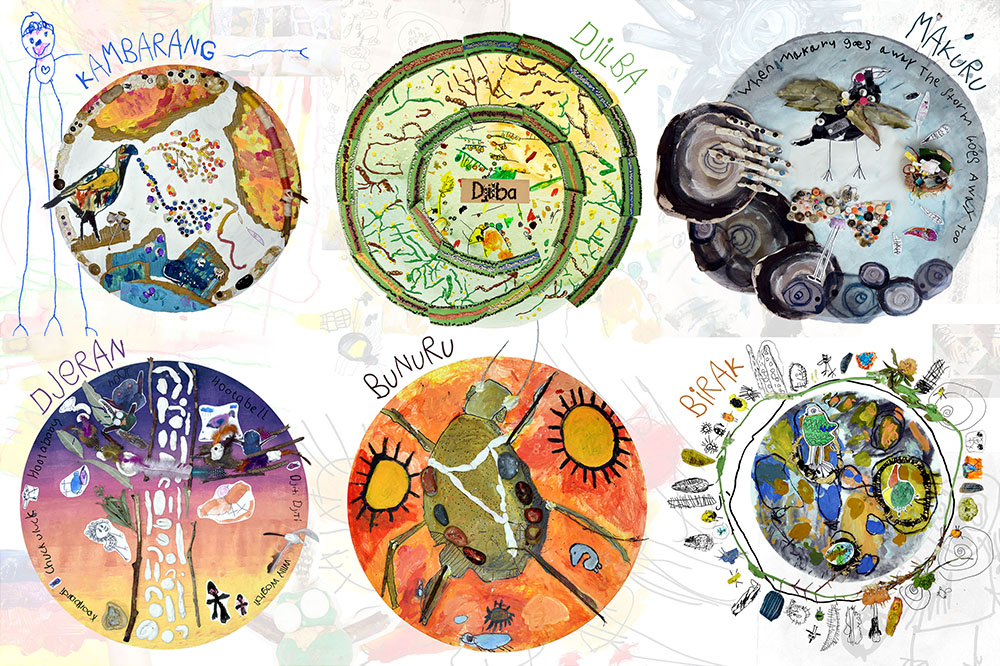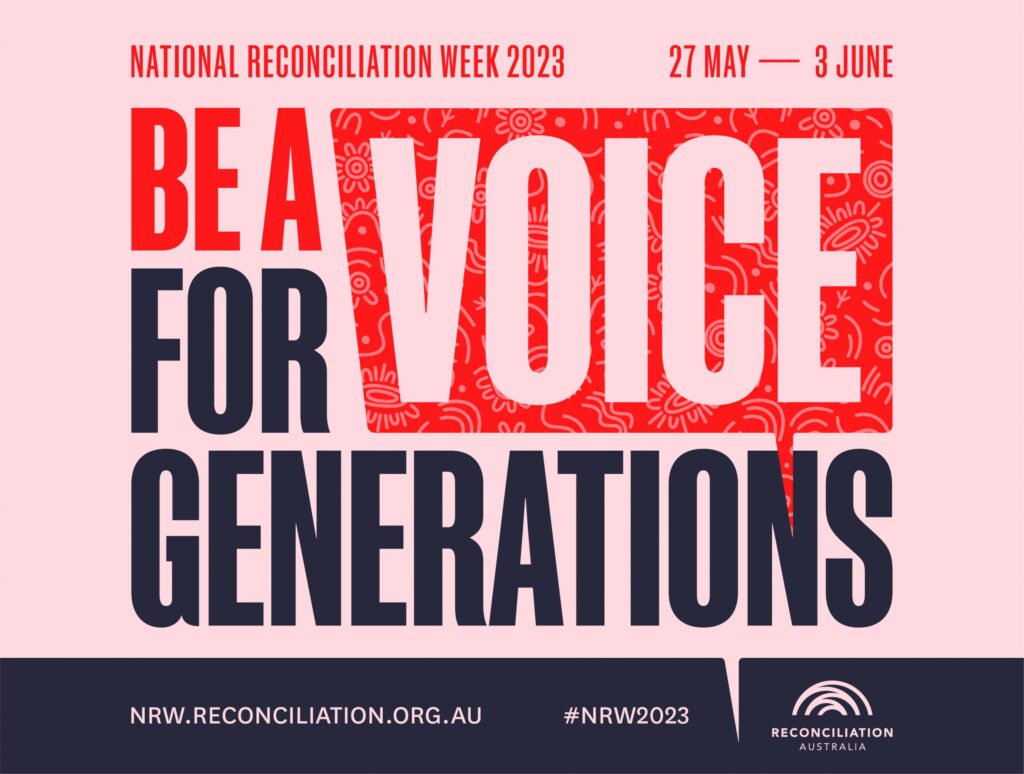By Liz Chavez and Pia Coates
Early childhood education now has a new Early Years Learning Framework (EYLF) version 2 (2022). Version 2 of the EYLF invites educators to seriously consider the role of early childhood professionals, families, children, and service providers in Reconciliation with Aboriginal and Torres Strait Islander people in Australia.
Embedding Aboriginal and Torres Strait Islander perspectives in all educators’ philosophy and practice is a crucial tool to advance Reconciliation. This also contributes to Closing the Gap commitments and fulfilling every Australian child’s right to know about Australia’s First Nations’ histories, knowledge systems, cultures and languages. Embedding Aboriginal and Torres Strait Islander perspectives is a shared responsibility of approved providers, educators, and other professionals working in early childhood educational settings, regardless of whether Aboriginal and Torres Strait Islander children and families are enrolled in that setting.
– EYLF Principle: Aboriginal and Torres Strait Islanders Perspectives. (EYLF, 2022, p. 16)
Educators who are culturally responsive, respect multiple cultural ways of knowing, doing and being and celebrate the benefits of diversity. They honour differences and take action in the face of unfairness or discrimination. Being culturally responsive includes a genuine commitment to embed Aboriginal and Torres Strait Islander perspectives in all aspects of the curriculum.
– EYLF Practice: Cultural Responsiveness. (EYLF, 2022, p. 23)
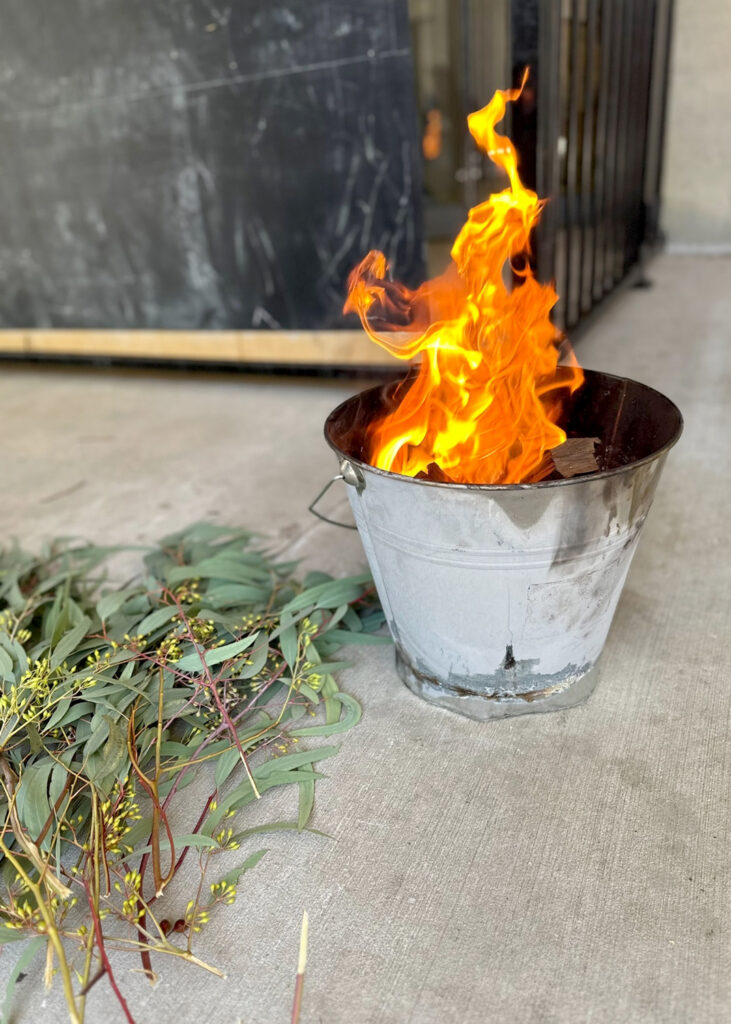

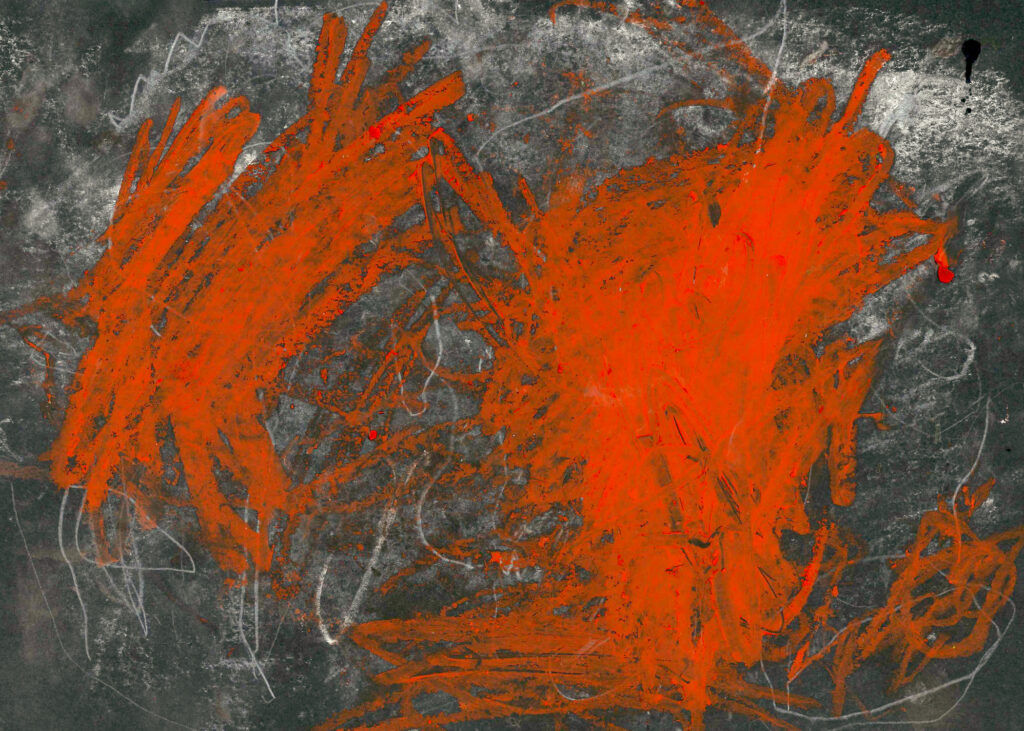

At the Schools of Early Learning, we began our journey of Reconciliation through research with educators and children. We researched:
- 2019 Connection to Land and Country
- 2020 Connection to Land through the Six Noongar Seasons
- 2021 Stories of Country, Place, People, and Languages
- 2022 social justice and the anti-bias approach
In 2023 we are continuing our research into social justice and community. Much of our learning from previous research is embedded in our daily practices. For example, our use of:
- Noongar seasons as calendar references
- Meeting places
- Yarning Circles
- Noongar words and songs throughout the day
- Saying the Acknowledgment of Country at daily meetings
This year we began with Smoking Ceremonies in our centres to acknowledge the First Nations people as traditional custodians of the land in which our centres are located. Two of our heritage-listed centres, North Perth and North Fremantle, were cleansed. These ceremonies are one way to initiate healing from the painful history Aboriginal people experienced in these buildings. The intention here was to create a pathway to a brighter future for all.
The smoking ceremony is a traditional Noongar ritual used to cleanse and purify a specific area, including cleansing the spirit, body and soul whilst you are on Noongar Country. It also helps to ward off warra wirrin (bad spirits) and to bring in the blessings of the kwop wirrin (good spirits).
Families, children and educators gathered over the Smoking Ceremony weekends to listen, experience and be part of Elders’ stories, songs and histories.
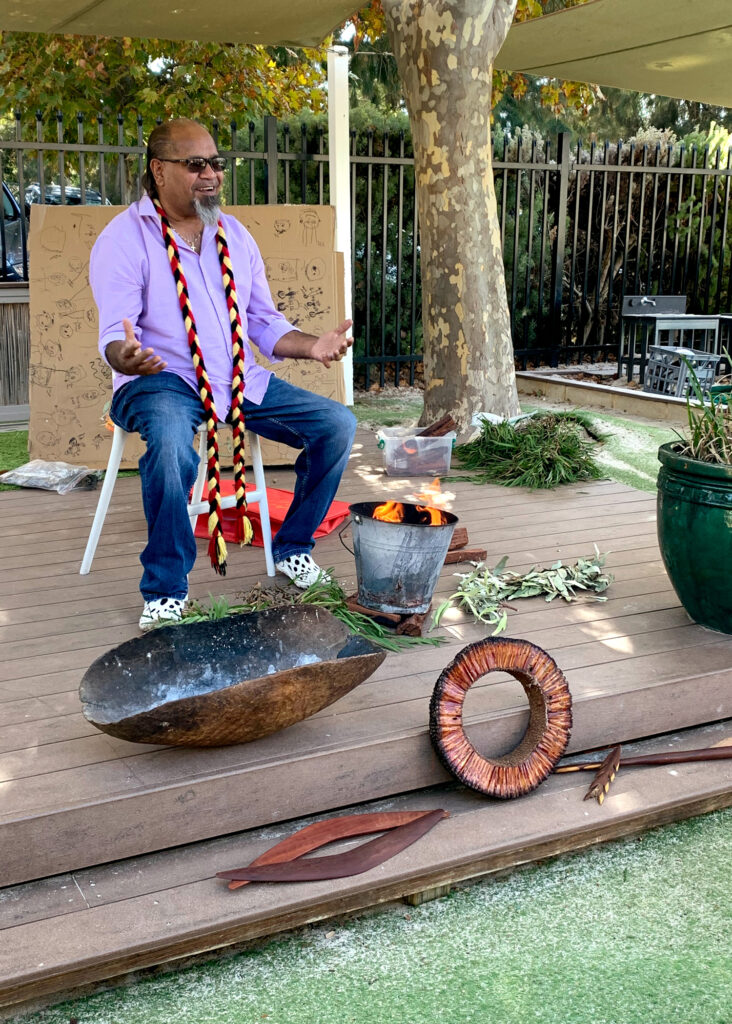

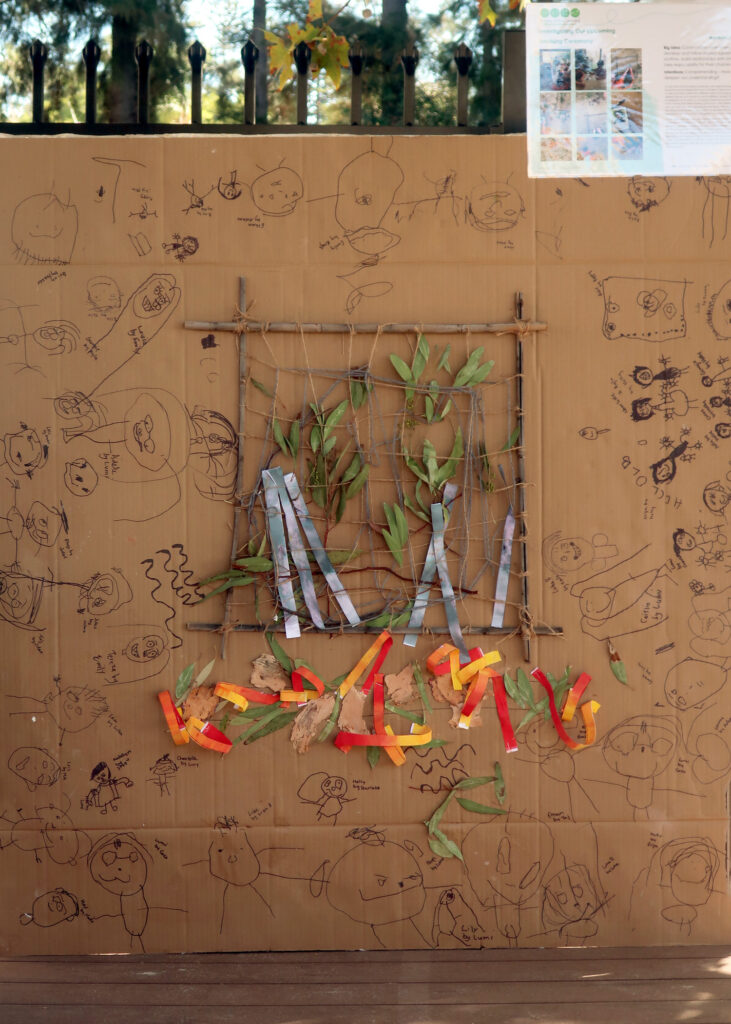

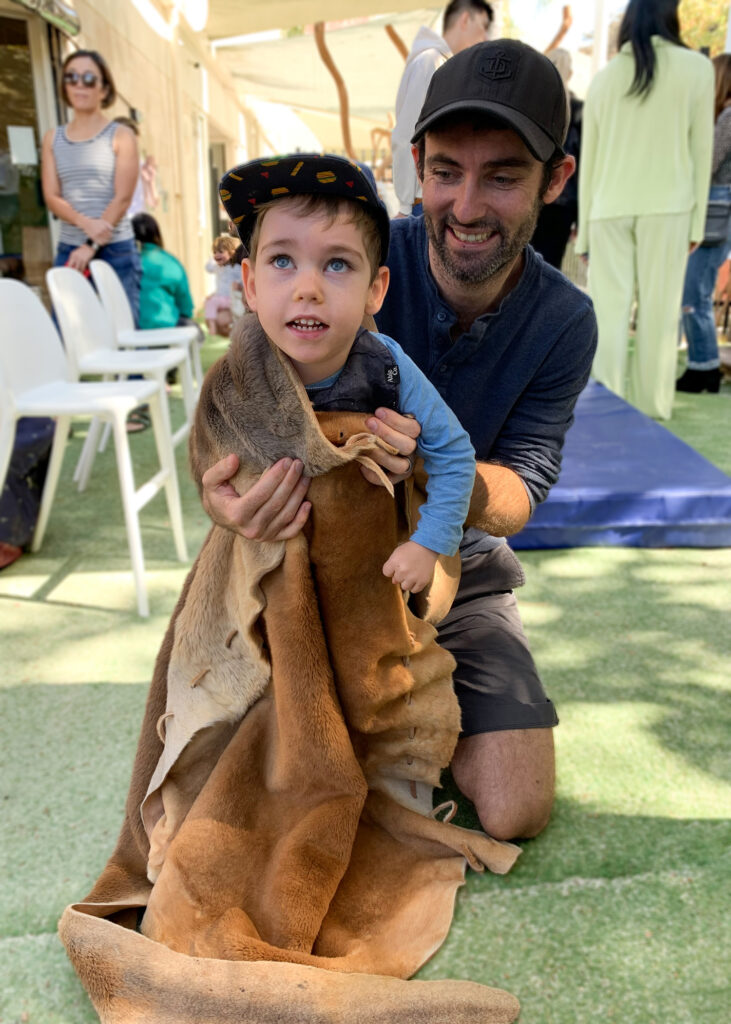

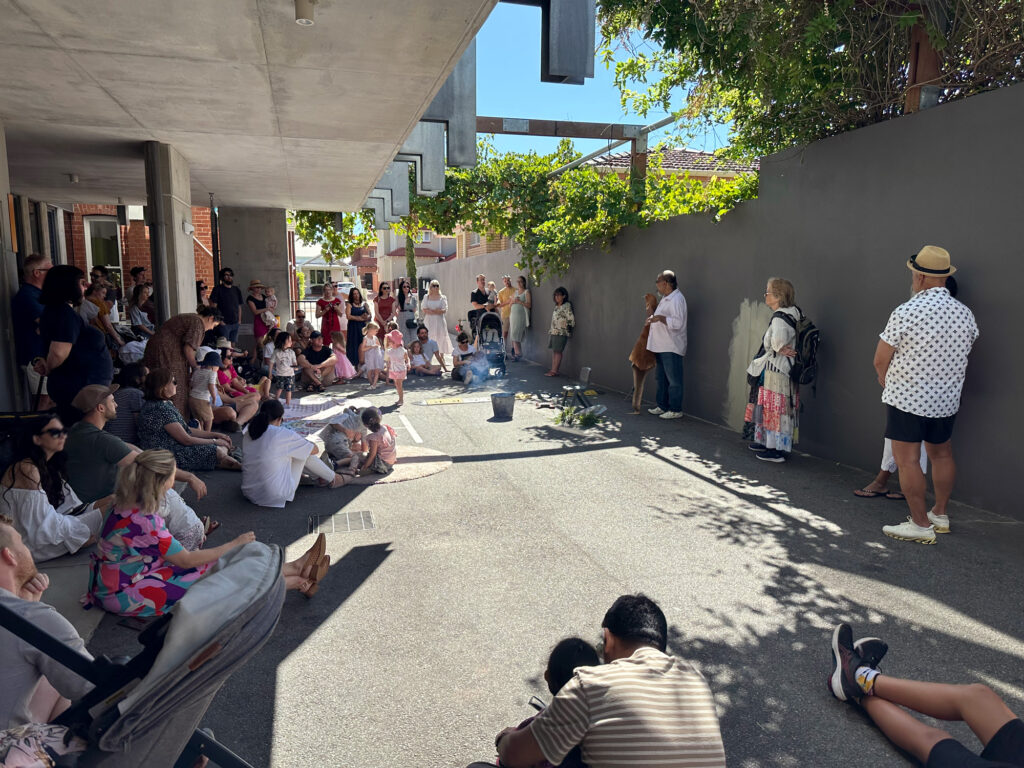

We are aware that this is only part of the work. A Reconciliation Action Plan (RAP) is a formal statement of commitment to Reconciliation. This statement brings accountability and responsibility to our role in Reconciliation. Each centre is in the process of developing its own RAP. This process requires a team of dedicated educators supported by Reconciliation Australia’s Narragunnawali platform to engage in the development of their RAP, focusing on the need to develop relationships, respect and opportunities in the classroom, around the early learning service and with the community alike.
This blog post is timely as we approach National Reconciliation Week 2023 (May 27th–June 3rd) with the theme Be a Voice for Generations. This theme encourages all Australians to be a voice for Reconciliation in tangible ways in our everyday lives – where we live, work and socialise. For the work of generations past and the benefit of generations future, we have a shared responsibility to act today for a more just, equitable and reconciled country for all.
As your children continue to learn to appreciate and respect the richness of our First Nations people and their culture, we invite you to reflect on how you engage in Reconciliation daily with your children and family at home and in your communities.
The work does not stay in the centre; it must continue at home and in the community. Reconciliation is our shared responsibility.
References
Australian Government Department of Education [AGDE] (2022). Belonging, Being and Becoming: The Early Years Learning Framework for Australia (V2.0). Australian Government Department of Education for the Ministerial Council.

